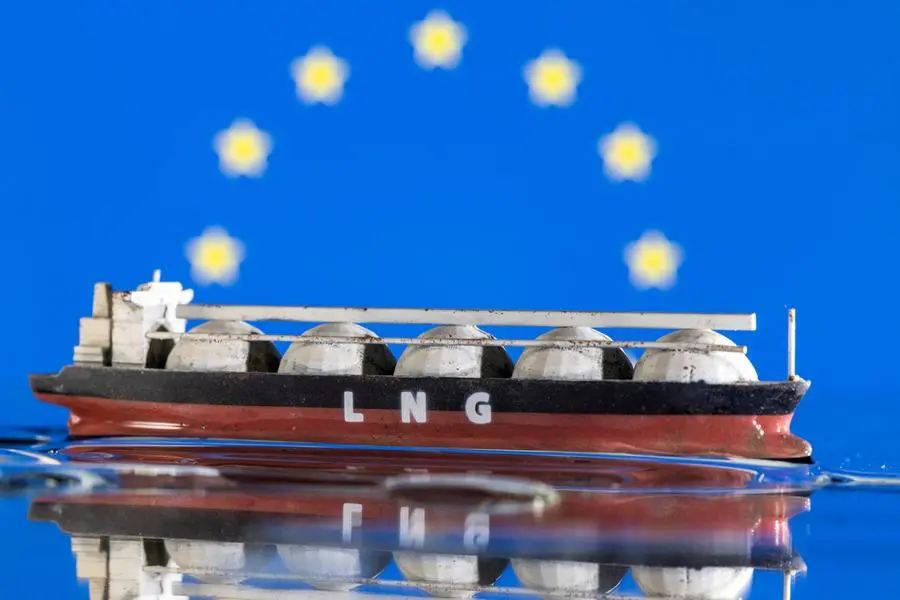PHOTO
Lawmakers on the European Parliament's energy committee supported more ambitious EU targets to save energy and expand renewable power on Wednesday, viewed as key to ending Europe's reliance on Russian gas.
Brussels is scrambling to prepare for further cuts to Russian gas supplies, and will unveil a plan next week for how countries could cope this winter if Moscow halted deliveries.
Meanwhile, the EU is negotiating more ambitious laws to push countries to replace Russian gas with clean energy this decade and reduce planet-warming CO2 emissions.
The Parliament's energy committee backed a proposal on Wednesday to raise the EU's target for primary and final energy savings to 14.5% by 2030 compared with expected levels, and set binding contributions for every country.
The lawmakers want a far higher goal than the 9% energy savings the Commission originally proposed last summer, although Brussels hiked that to 13% in May in a bid to quit Russian fuels faster after Moscow invaded Ukraine.
"Good for the climate and bad for Putin," Niels Fuglsang, lead lawmaker on the proposal, said in a tweet after the vote. The proposal passed with a large majority of 50 in favour, 7 against and 13 abstentions.
The lawmakers also backed with a large majority a target to get 45% of EU energy from renewable sources by 2030, up from 22% in 2020. Brussels had initially proposed 40%, raising it to 45% after the invasion.
Hitting the energy savings goal will require renovating millions of energy-hungry buildings, which produce a third of EU greenhouse gas emissions.
Countries will also need to overcome the years-long permitting delays that currently hamper new wind and solar projects. The EU has proposed a separate law to fast-track renewables permits.
The full EU Parliament will vote on the proposals in September. If approved, they will form Parliament's position for negotiations with EU countries on the final laws.
Countries have said they support the Commission's original proposals, which would already mark a jump in ambition compared with current EU policies, and plan to consider the more ambitious goals in the upcoming negotiations. (Reporting by Kate Abnett; Editing by Jan Harvey)
Reuters





















